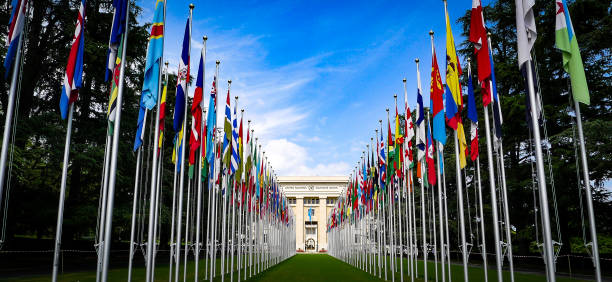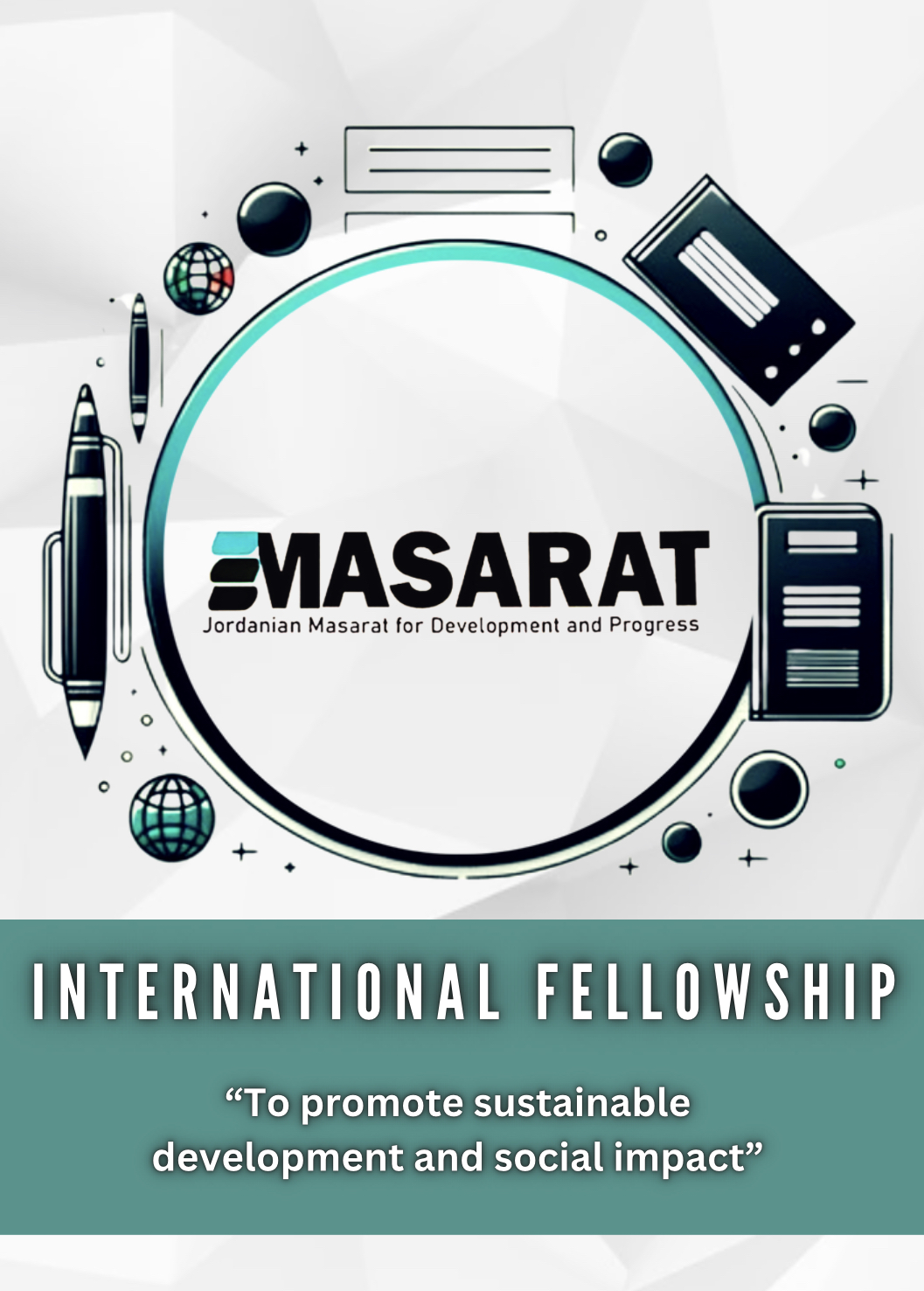Is Jordan ready for its strategic request?

Dr. Fouad Salama, an expert in the plant production sector, stated that climate change has become a tangible reality increasingly impacting water resources, agricultural production, food security, and overall environmental balance.
Drought and Recurrent Floods Crises: Reshaping Plans to Face Climate Variability
In a special statement to "Akhbar Al Jordan" online newspaper, Dr. Salama noted that Jordan's water sector is under growing pressure, while the agricultural sector faces unpredictable climatic conditions that threaten its stability. He added that the Middle East region is one of the areas most susceptible to climate change, particularly "climate extremes," meaning that the region will experience unprecedented waves of extreme heat, severe cold, flash floods, heavy rains, and successive droughts. This poses significant challenges to national strategies, especially in the water sector.
Dr. Salama highlighted that one of the major challenges under these changing conditions is securing sufficient water for drought seasons. Thus, national strategies must reconsider the capacity of existing dams to store large quantities of water during periods of heavy rainfall. He emphasized the necessity of conducting in-depth studies to enhance the capacity of these dams or construct new ones, as well as expanding water harvesting projects. To mitigate the impact of droughts, consideration should be given to techniques for recharging groundwater during wet seasons to ensure sustainable and effective water reserves.
Climate Change Threats to Strategic Crops
Regarding food security, Dr. Salama stressed the need to achieve relative self-sufficiency in certain strategic crops such as dates and olives and to introduce new crops like potatoes that can help meet local demand and reduce pressure on rice and wheat imports. Furthermore, investing in improving storage and cooling capabilities for agricultural crops by establishing strategic warehouses across the Kingdom's governorates would ensure the availability of these products during critical times, reducing reliance on external markets, especially during global crises like the COVID-19 pandemic.
Enhancing Crop Resilience to Climate Change and Supporting Local Production
Dr. Salama noted that the agricultural sector faces significant challenges, including a lack of effective guidance and planning to achieve sustainable development goals. To ensure that the sector contributes to food security, agricultural production must be reorganized to align with local market needs, with careful determination of crops and quantities to maximize benefits and thus enhance economic returns.
He also stressed the importance of forming production clusters that enable farmers to work more effectively and reduce the risks they face due to climate change, thereby strengthening the agricultural sector's role in the national economy, as he stated to "Akhbar Al Jordan."
Preparing for Crop Shortages in Emergencies
In the water sector, Dr. Salama emphasized the need to focus on water conservation programs and adopt modern techniques to maximize water use efficiency in agriculture, such as drip irrigation. Additionally, exploring new water sources, including the desalination of surface saline water, particularly in areas like the Jordan Valley, is essential, as studies indicate the availability of large quantities of surface saline water that can be desalinated at lower costs compared to other projects.
Dr. Salama further explained that climate change necessitates long-term strategies, including the development of drought- and heat-resistant crops and ensuring that key sectors adapt to rapid climate changes. The government should also encourage thermal insulation in buildings and reduce taxes on insulation materials to incentivize citizens to improve energy efficiency in homes, schools, and government institutions, thereby reducing heating and cooling costs and lessening the environmental burden.
He pointed out that public awareness plays a crucial role in improving community response to climate change. Awareness campaigns should be intensified to emphasize the importance of preserving water and food resources, and climate change and environmental sustainability topics should be incorporated into educational curricula. This is linked to the role of the media in influencing individual behaviors, whether through television programs, digital content, or educational materials, to instill a culture of resource sustainability and environmental preservation.
Adapting Food Consumption to Local Crops
Dr. Salama noted that, given the heavy reliance on rice and wheat imports, there is a need to focus on producing alternative local crops that meet the changing needs of the population. Studies have shown a shift in consumption patterns among the new generation, who rely more on potatoes. This offers an opportunity to boost local production. For example, Jordan imports large quantities of frozen potatoes (French fries) to meet the demand of restaurants and hotels. Producing these quantities locally could reduce the import bill and enhance food security.
Dr. Salama concluded by saying that climate change compels Jordan to commit more strongly to achieving sustainability in managing natural resources. National strategies must be integrated to ensure the sustainability of water resources and the development of local food production, while enhancing infrastructure and technologies to ensure the Kingdom's readiness to face future challenges. By doing so, a resilient society can be built, capable of adapting to climate change and supporting economic and environmental security, while fostering a culture that relies on the wise and responsible use of local resources for the sustainability of future generations.






